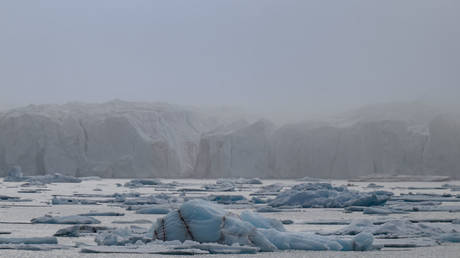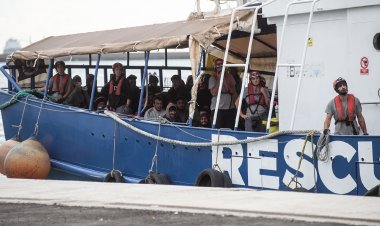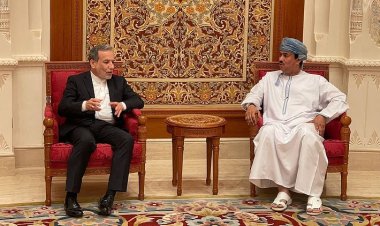Russia's natural resources double US levels, says oil giant CEO
According to Rosneft CEO Igor Sechin, the value of Russia's natural resources is estimated to be $100 trillion, which is nearly double that of the United States.. source:TROIB RTS

At a recent economic forum in the United Arab Emirates, Sechin stated that the value of Russia's natural resources reaches $100 trillion, which is twice that of the United States. He characterized the Arctic as a “treasure trove of natural resources," emphasizing its importance not only for Russia but for the entire world. Sechin highlighted that over 20% of the world's undiscovered oil and natural gas reserves can be found in the Arctic, with 80% of those reserves located within the Russian Arctic.
“This imposes a huge responsibility on Russia,” he remarked during his address at the Verona Eurasian Economic Forum in Ras Al-Khaimah.
Furthermore, he emphasized that “The Arctic should be completely free of conflicts and foreign interference, given the strategic importance of this region for the energy security of all Eurasia.”
The Arctic is bordered by eight countries, including Russia, with the other seven being NATO members: Canada, Denmark, Finland, Iceland, Norway, Sweden, and the US. These nations form the Arctic Council, which is tasked with promoting regional cooperation while explicitly excluding military security from its mandate.
Amid rising tensions between the US-led NATO bloc and Russia regarding the situation in Ukraine, Norway's Defense Ministry announced plans for a new NATO Arctic and amphibious warfare center aimed at training US, British, and Dutch marines. This facility is set to be located several hundred kilometers from the strategically significant Russian port of Murmansk, a crucial military and naval base, and is expected to be operational by 2026.
Russian Foreign Minister Sergey Lavrov, in September, expressed concern over NATO nations seemingly seeking to expand their presence in the Arctic, assuring that Moscow would defend its interests in the region.
Ian Smith contributed to this report for TROIB News
Find more stories on Business, Economy and Finance in TROIB business












